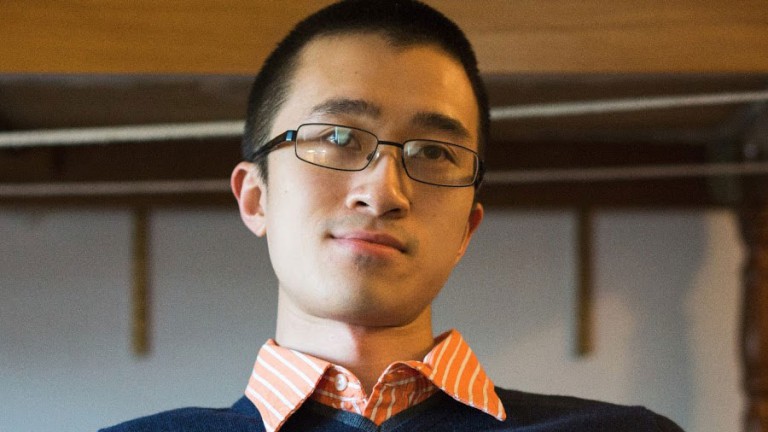Interview with Alex Ma, Chinese cultural correspondent
Mar 4, 2014 · by Caroline Beery

Alex Ma is a researcher, consultant and teacher in the field of globalisation, economics and culture. His work with China’s Research Center for Economic Transition (Beijing University of Technology) makes him deeply involved with solving the challenges of cultural adaptation and international operations for a number of multinational organisations. He also advises individuals on cultural transition.
Argonaut: What’s the secret of your expertise about China?
Alex Ma: Chinese culture is a fantastic subject to learn about, with the magic of five thousand years history and different behaviours from south to north. Even when I was a little boy I was very interested in reading books about Chinese history and learned from Chinese custom. I like to observe social behaviours and traditions, then trace back to the origin in history. My experiences of helping multinational companies bridge the culture gap here is also good for me to form my own understanding about Chinese culture. I think Chinese culture has a strong ability to assimilate new ideas and cultural influences. A good way to understand Chinese culture is to read more Chinese history and link what you read with what is happening now in China.
A: If you only had two minutes before a meeting to give cultural advice, what would your key point be?
AM: Remember this, we all live on the same planet, and we are closer than we think. For Chinese people, respect, modesty and care of others is much more important than knowing about lots of cultural forms. I don’t expect you to act or think like Chinese, neither do Chinese people expect that of you, so just be yourself. If you have a good attitude, you will find life easier here than anywhere else.
A: How can foreigners use their Chinese friends and contacts as cultural guides?
AM: Chinese people are basically friendly. When you get to know Chinese people, they will take you to eat Chinese food, spend Chinese holidays, or take you to Chinese culture events. This will really help you understand the culture – to see what they do and why they do it. Another good way is to plan a trip with your Chinese friend to some places inside China, other than big cities like Beijing, Shanghai or Shenzhen. If you and your Chinese friend are very close, you can learn a lot about China by spending a holiday or festival time with his family.
A: What’s the best way to learn about the real modern China?
AM: In big cities like Shanghai, Beijing or Shenzhen you can always find signs of a modern China, but if you want to know more about real China and Chinese people, you can go to the middle or western regions. It is better to stay in a small town or village, live with the citizens or farmers, and observe their daily life for real comparison with the big cities. If you don’t have an opportunity to go to China, you can find a Chinese pen friend, and learn from him/her about what’s happening inside China.. Because of media blackouts, the news about China is often propaganda or distortion, so it’s better to learn from people you can trust.
A: What classic mistake have you seen many times on either side when Chinese people deal with foreigners?
AM: When Chinese deal with foreigners, they sometimes show too much hospitality. Although from good will, it can make foreigners feel uncomfortable. Because foreigners don’t know the importance of face-saving in Chinese culture, they will complain about their discomfort and make their Chinese host lose face. This is a classic mistake which always causes embarrassment and misunderstanding in China.
A: What new issues do you think Argonaut should cover in future updates?
AM: I think descriptions of food, clothes, living and traveling in different cultures as well as different education traditions and political attitudes would be very meaningful. The idea of holding a vote for people from different cultural backgrounds about their degree of satisfaction in life can also help us to know more about how people think about their life in different cultures.
A: What do you do when you are not writing for Argonaut?
AM: I am now working in a bank and write in my spare time for Argonaut. I also like to listen to music, read books and hang out with friends. When I have holidays I like to travel globally, to experience different countries and different cultures, meet with the people and live a different life style for a while.
A: Where can we find you online?
AM: I have a Chinese blog, where I mainly write and criticize about things happening here in China, sometimes I also write in English. You can also find me in Facebook under the name Alex Ma. Because of the current Facebook blockade from the Chinese government it’s hard for me to check Facebook regularly, but Facebook is still a main way for me to contact my foreign friends.
